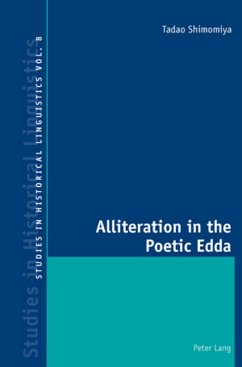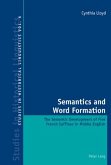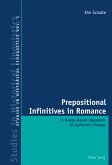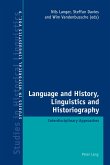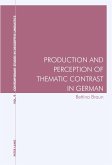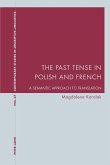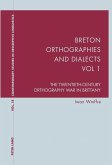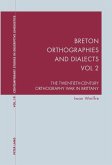This book presents a detailed analysis of the alliteration of the whole of the Poetic Edda (or Elder Edda) of the Codex Regius, using the Germanic alliterative framework established by Andreas Heusler. The considerable regularity of the alliterative scheme is demonstrated, with only a handful of the corpus of approximately 7,300 long-lines falling outside of the rules identified, and therefore the appropriacy of Heusler's system for understanding the structure of the Poetic Edda is confirmed.
The needs of the student of Old Icelandic poetic style have been foremost in mind in the presentation of this book. It includes an overview of sources not readily available to scholars as well as those not available in English. Copious examples are presented in Old Icelandic with English translation and supported by a select glossary of key Old Icelandic words into English. A Japanese language précis contains a select list of 100 alliterations that appear in the Poetic Edda.
The needs of the student of Old Icelandic poetic style have been foremost in mind in the presentation of this book. It includes an overview of sources not readily available to scholars as well as those not available in English. Copious examples are presented in Old Icelandic with English translation and supported by a select glossary of key Old Icelandic words into English. A Japanese language précis contains a select list of 100 alliterations that appear in the Poetic Edda.

